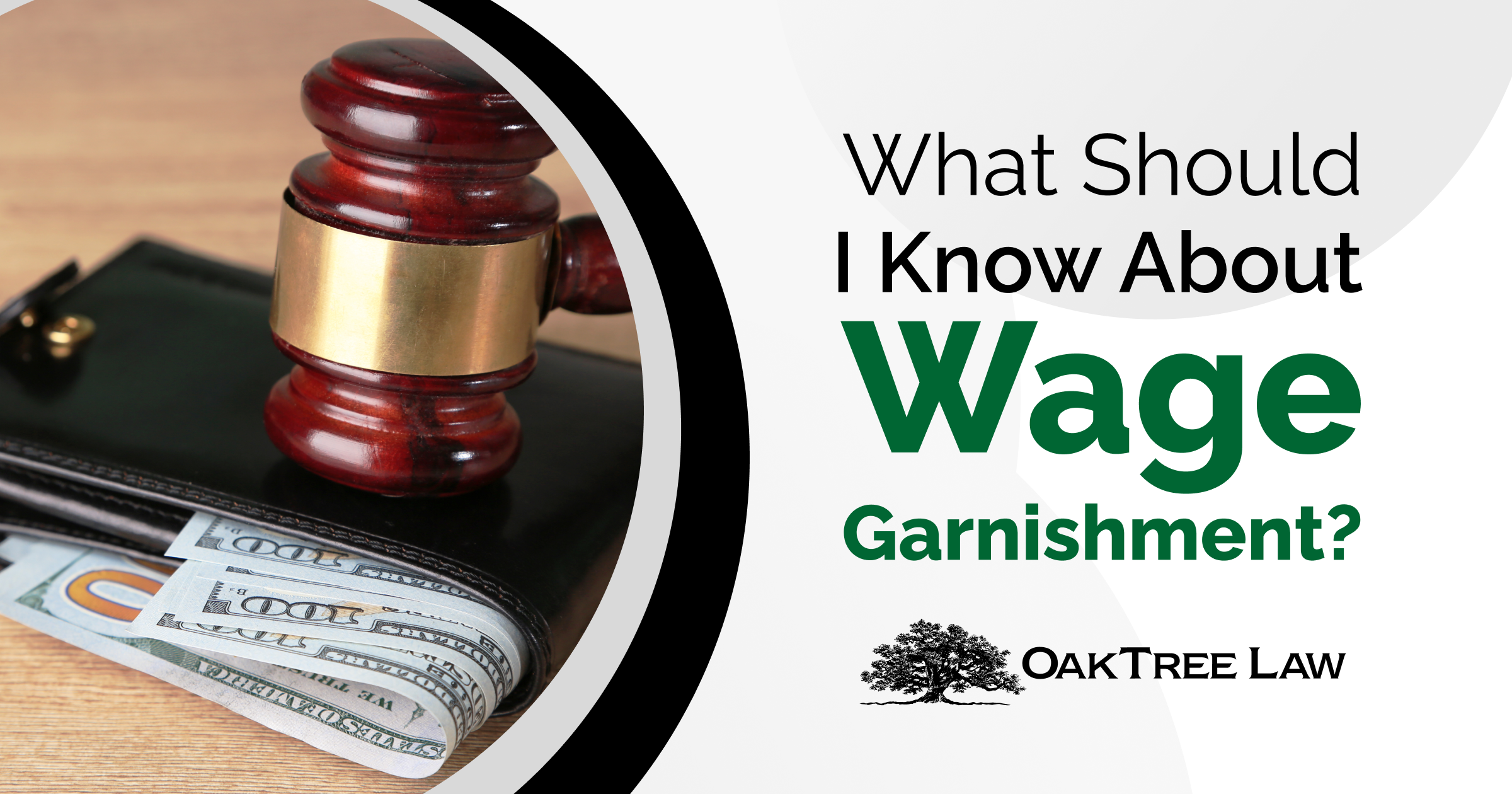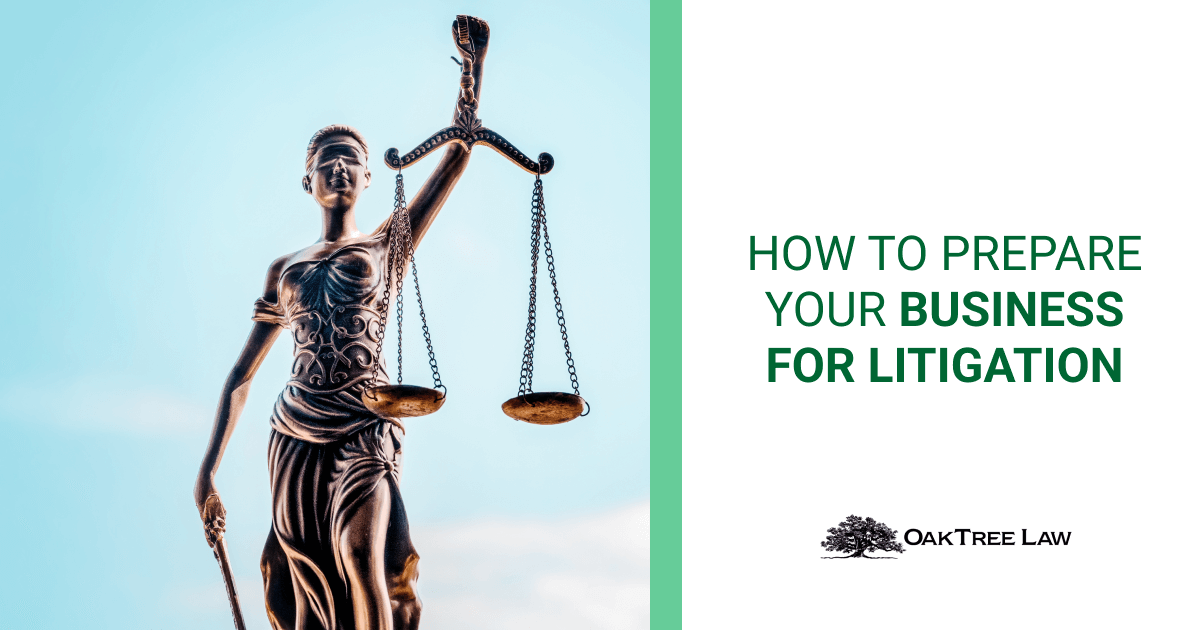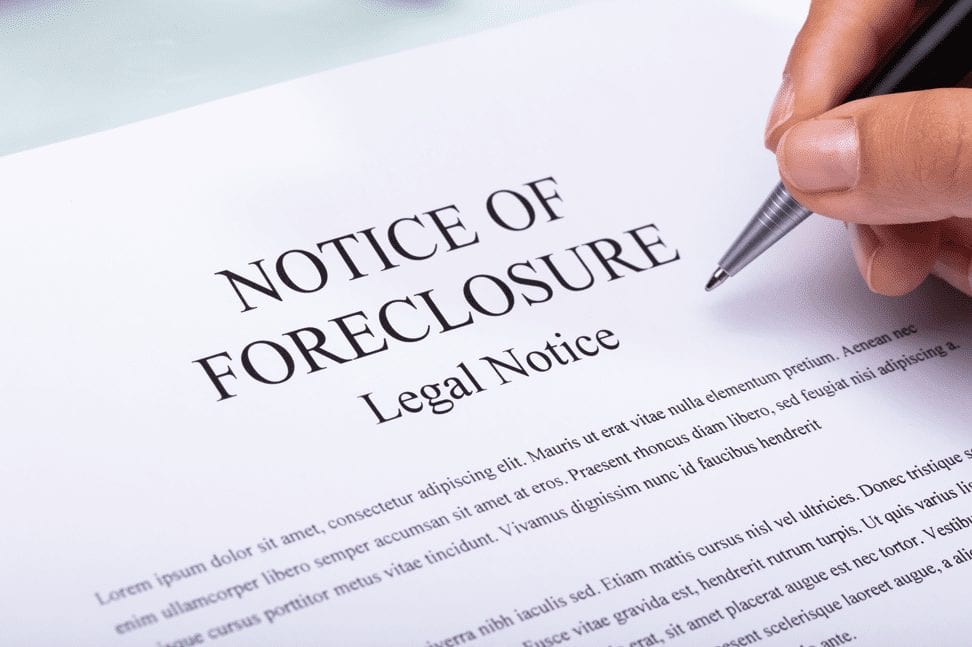A creditor or government agency can garnish wages from your paycheck to cover unpaid debt. There are laws governing this process and several ways to stop wage garnishment. A wage garnishment lawyer can protect your rights. It also helps to better understand the process so you can more easily weigh your options, repay debts, and rebuild your credit.
The answers to the following common questions will help familiarize you with how garnishing wages works.
How Does Garnishment Work in California?
A creditor must obtain a personal judgment against you. It may pertain to delinquencies involving credit cards, medical bills, foreclosure, repossession, personal loans, student loans, child support, etc. After filing a complaint with the court, the creditor will serve you a copy of it; then the court sets a trial date.
If the creditor can prove you owe the debt, the court enters a default judgment stating what you owe. The wage garnishment order is obtained with a writ of execution. When the court attaches an earnings withholding order to the writ, your employer is authorized to withhold money from your earnings.
How Soon Are My Wages Deducted?
An employer can begin garnishing wages 10 days after being served the garnishment packet. Money is taken from the first paycheck you receive after that first 10-day period. A levying officer collects the money from your employer and sends it to the creditor.
What If My Employer Refuses to Garnish My Wages?
In California, an earnings withholding order is as enforceable as a court order. The employer is required to complete the memorandum of garnishee and begin withdrawing the required wages. Otherwise, the creditor will send a demand letter to the employer. The creditor can file an action against the employer if it refuses to comply, threatening a fine or jail time, while if the court finds an employer to be in contempt, the creditor can recover attorneys’ fees from the company.
How Much Can a Creditor Take from My Paycheck?
While the federal government can withhold up to 15% of your earnings without a court order (for unpaid student loans), up to 25% of disposable earnings per week can be garnished in California. Or, 50% can be taken if your weekly disposable earnings exceed the state’s hourly minimum wage by 40x. However, up to 60% can be garnished for unpaid child support.
What Does a Garnishment Look Like On a Pay Stub?
A wage garnishment appears under “other deductions” on your pay stub. It may be listed in full or broken down into abbreviations. These include ChildSP1 (child support in your state), ChildSP2 (child support in a different state), IRS Levy (tax levy), DOR (Department of Revenue garnishment), Cnty (county garnishment), EduGar (education garnishment), or BkrptGar (bankruptcy garnishment).
Can Wage Garnishment Be Stopped?
Yes, you can stop wage garnishment in California. Your options for doing so include:
- Paying the Debt in Full: The wage garnishment process will automatically stop.
- Negotiating with the Creditor: If they accept a lower amount, you can avoid wage garnishment by paying the debt off in 30 to 60 days.
- File an Exemption: If you need the money to support yourself and your family, you can request an exemption by submitting a garnishment exemption form.
- File for Bankruptcy: If your bankruptcy petition is approved, wage garnishment stops. Chapter 7 bankruptcy discharges your debts if you pass the means test and fall within income limits. Chapter 13 bankruptcy creates a three-to-five-year repayment plan for nondischargeable debts.
Can Wage Garnishment Hurt My Credit?
Your credit report will show a garnishment judgment for up to seven years. Missed payments and delinquencies that led up to having wages garnished will lower your credit score. While the actual wage garnishment doesn’t affect your credit score, having it on your record does affect your creditworthiness.
Contact OakTree Law
If you’re going through wage garnishment proceedings, or wages are being taken from your paycheck, you have rights. It’s also illegal for an employer to fire an employee for wage garnishment. Our Los Angeles wage garnishment attorney can work with your employer, creditor, or the IRS to negotiate an alternative. We can also help file an exemption or prove in court that the garnished amount exceeds legal thresholds or what’s reasonably acceptable.
Request a free evaluation or call 888-348-2609 so we can help stop wage garnishment from affecting your finances.








